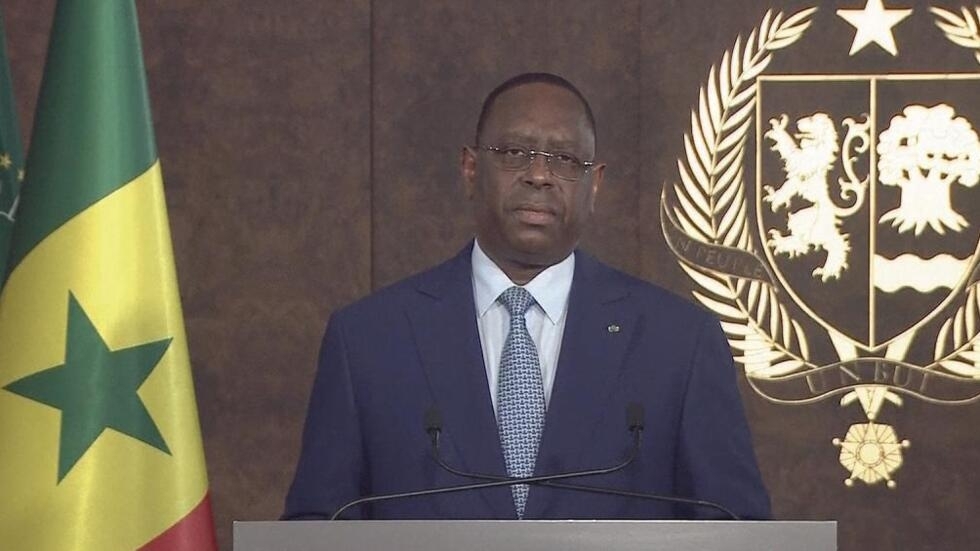
Senegalese President Macky Sall, who faces mounting pressure at home and abroad, vowed on Friday to organise presidential elections “as soon as possible” after the top constitutional body overruled his decision to delay this month’s vote.
Sall’s last-minute move to postpone the February 25 poll until December triggered Senegal’s worst crisis in decades.
The decision sparked a widespread outcry and deadly protests in what is often seen as a bastion of stability in coup-hit West Africa.
The Constitutional Council’s ruling late on Thursday to annul the vote delay plunged the country into further uncertainty.
“The president of the republic intends to implement the decision of the Constitutional Council fully,” the presidency said in a statement.
“To this end, the head of state will without delay carry out the consultations necessary to organise the presidential election as soon as possible.”
Sall, who has been in power since 2012, said he called off the vote over disputes about the disqualification of potential candidates and concern about a return to unrest seen in 2021 and 2023.
Parliament later approved the delay until December 15, but only after security forces entered the building and removed some opposition lawmakers who opposed the bill.
The vote paved the way for Sall — whose second term is due to expire in April — to remain in office until a successor was installed.
Three people have been killed during demonstrations against the vote delay, with security forces repressing attempts to mobilise.
The ruling by the Constitutional Council was widely welcomed for easing tensions.
By mid-afternoon on Friday, there was virtually no response to calls for protests in the capital Dakar, where police and journalists outnumbered demonstrators, an AFP journalist saw.
The opposition had decried Sall’s move as a “constitutional coup”, saying his party feared defeat at the ballot box for its candidate Prime Minister Amadou Ba.
Sall’s term in office officially expires on April 2 and the head of state has repeatedly said he will not stand for a third term.
The Constitutional Council reiterated the fixed nature of the five-year presidential term.
